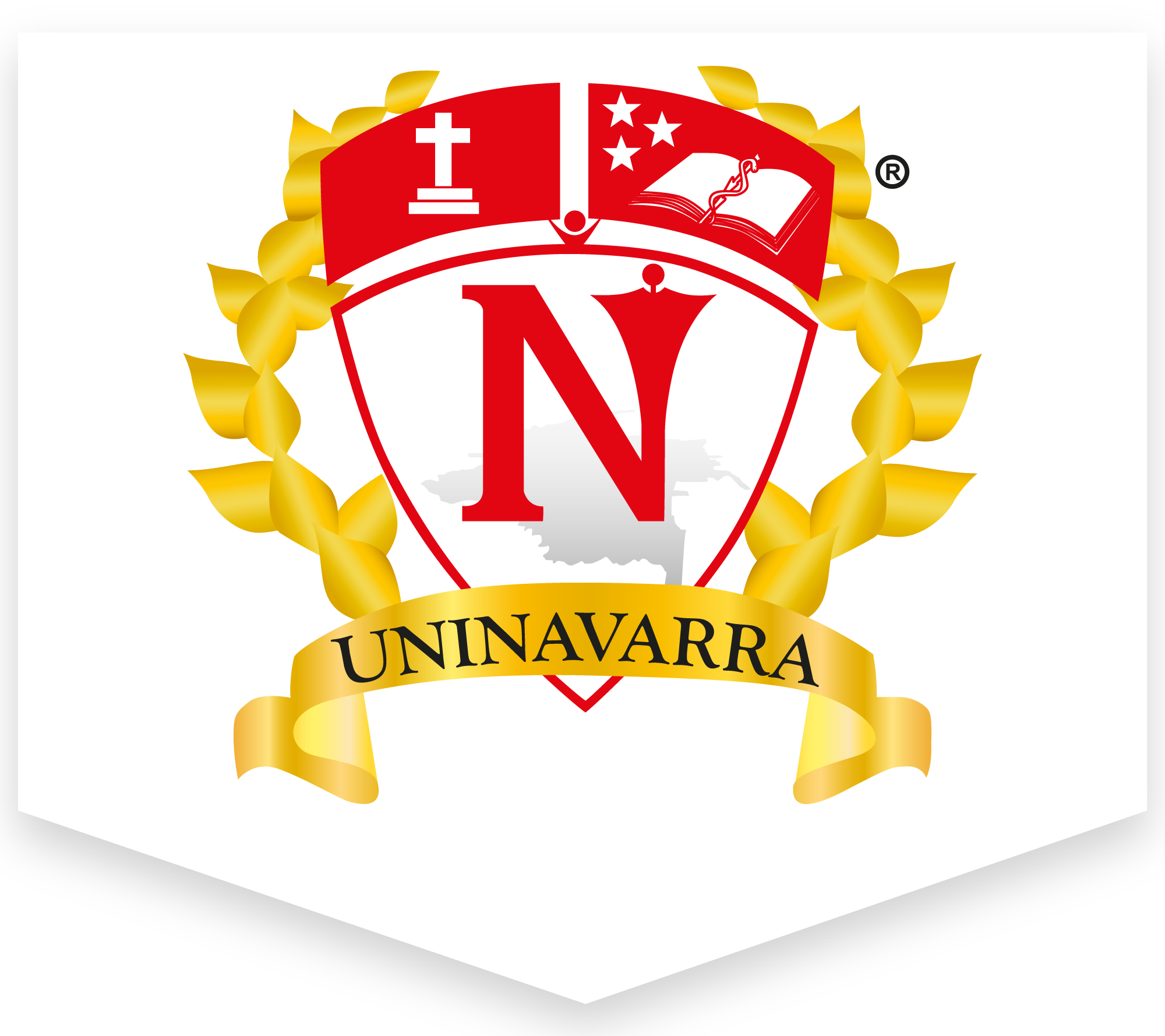The Environmental Engineering is concerned with the study and protection of the natural processes (physical, chemical and biological) that maintain the balance of ecosystems, as well as the prevention and control of environmental pollution caused by human activities. With its solutions, it contributes to maintaining the planet's capacity to sustain itself and to guarantee a better quality of life for the present generation of tomorrow.
The name of the program corresponds assertively with its curricular contents such as the training purpose, competencies and profiles, as well as with its curriculum where it is evident that 23.6% of the subjects are aimed at training students in Basic Sciences, 20% in Basic Engineering Sciences, 43.6 % in Applied Engineering and 12.7 % in Complementary Training. In addition, students must certify proficiency in a second language, thus ensuring communicative skills in a foreign language in the context of a globalized world.
Finally, the subjects studied in the Environmental Engineering Program generate in our students not only the acquisition of knowledge, but also the development of their competencies, which allow them to build their own criteria in real situations.
To train environmental engineers with solid knowledge of environmental issues that contribute to the sustainable development of the region and the country.
UNINAVARRA's Environmental Engineering Program will be a technical, scientific and academic reference for its quality and the suitability of its graduates.
Applicant Profile
- A person respectful of freedom and tolerance, with a sense of belonging, equality, honesty, responsibility, critical and efficient. Able to solve real situations. To be supportive, with great sensitivity to ethical and humanistic issues, and aware of the relationship between human beings and nature.
- Ability to relate theory to praxis.
- Bachelor
- Approval of interview
- ICFES tests.
General entry profile and admission requirements
Admission to UNINAVARRA is free and voluntary by enrollment processes of applicants according to their vocation. Admission to UNINAVARRA is based on three profiles:
- Personal profile where personality traits of the applicants are evaluated to verify affinity with the entrance profile of each program.
- Intellectual profile where the degree of knowledge is evaluated and based on the Aptitude and Knowledge State Tests of the Colombian Institute for the Promotion of Higher Education ICFES, minimum admission scores will be established for each program.
- Attitudinal profile determined in interview processes in which the Program Director will determine the affinity between the student and the formative requirements of the program.
Professional profile
Have a sense of belonging to the environment, region and country. Be excellent in the development of projects and identify the various causes of problems and their effects on physical, biotic and human systems; as well as support in the resolution of these in any field related to the environment, taking into account the legal and institutional framework necessary for environmental actions.
Occupational profile
Our graduates can work in the environmental sector in the following areas:
- Planning, design, operation, consulting, auditing, advisory, formulation and management of regional and urban environmental projects.
- Environmental diagnostics, basic sanitation projects, technological application and innovation, and cleaner production systems.
- Assessment of Environmental Aspects and Impacts of water, soil and air pollution.
- Design and construction, maintenance and operation of solid and hazardous waste management systems.
- Environmental Coordination in the industrial sector and health systems.
- Application of environmental standards, in any field.
- Follow-up and control in the framework of understanding, prevention and management of environmental problems in the areas of:
- Industry: Production of goods and services, extractive activities.
- Civil works: Construction of infrastructures and energy, road and utility development projects.
- Environmental NGOs.
- Regional Autonomous Corporations.
- Consulting firms.
- Public utilities.
- The public sector at the municipal, departmental or national level.
- The academic sector in the development of environmental research
Internship Agreement
Currently, there are Academic Cooperation Framework Agreements and Cooperation Agreements for academic or professional internships with the following entities:
- Electrificadora del Huila
- Neiva Chamber of Commerce
- Friends Like Rice Foundation
- Flower Mills Huila
- Molinos Roa S.A.
- TDH S.A.
- Corporación Universitaria de Ciencia y Tecnología de Colombia
- Regional Autonomous Corporation of Alto Magdalena - CAM
